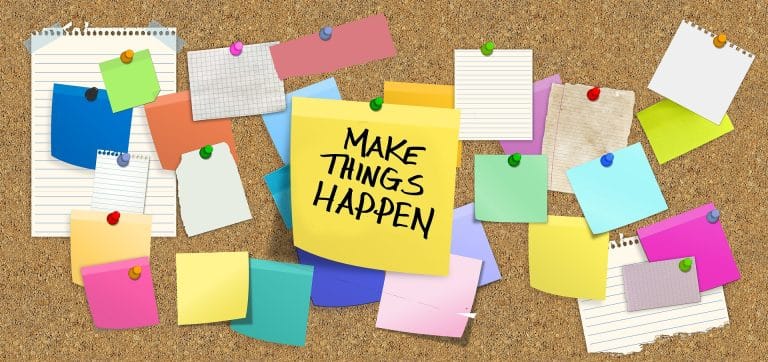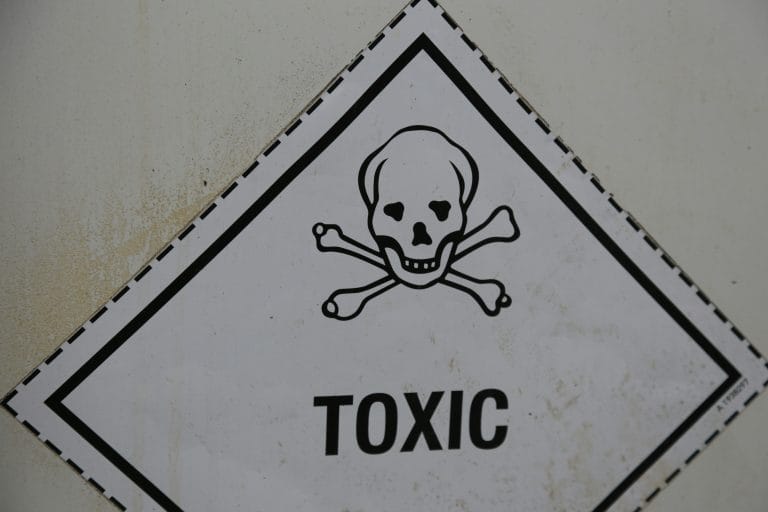The Hidden Belief Behind Stress
Stress, anxiety, and burnout have become almost normal in the modern workplace. In Dubai and across the world, professionals are working harder than ever, yet feeling increasingly drained, overwhelmed, and disconnected.
When people describe the causes of their stress, the list is familiar:
-
A toxic work culture or a difficult boss
-
Overload and impossible deadlines
-
The fear of not meeting expectations or the fear of failure; both damaging their reputation
-
Worries about losing their job and financial insecurity
These are all valid causes of workplace stress. Yet if you’ve ever wondered why two people in the same environment can respond so differently — why one copes while the other burns out — you’re not alone.
After more than a decade of coaching at all levels, I’ve realised there is something deeper happening that goes beyond workload, culture, or a toxic boss. Beneath it all, most people suffering from chronic stress hold one powerful, painful belief when stress hits:
“I am alone.”
This belief surfaces in many forms:
-
“I’m the only one carrying this burden.”
- “Everyone is depending on me.”
-
“No one understands what I’m going through.”
-
“If I fail, I’ll be left behind. Alone.”
It’s not just the deadlines or extreme pressure that make stress unbearable. It’s the belief that we’re trapped in this situation and nobody can help us. Underpinned by a primal fear: “I won’t survive alone.”
And because of this fear, many professionals choose silence. They hide their struggles, avoid asking for help, and push themselves harder to prove they can cope.
But here’s the paradox: this very silence is what fuels burnout.
Stress Isn’t Just About Workload
Research backs this up. The World Health Organization (WHO) defines burnout as “a syndrome resulting from chronic workplace stress that has not been successfully managed.” It’s not just about having too much to do; it’s about not having the right support, resources, or emotional connection to cope with demands.
Research has shown employees with high workloads but strong social support reported significantly lower stress and burnout levels than those with weak support systems. In other words: it’s not only what you carry, it’s who helps you carry it.
This explains why some people in high-pressure jobs thrive, while others in similar conditions collapse. Connection, not capacity or competence, is the differentiator.
The Pandemic of Emotional Disconnection
Yes, workloads are rising. But the deeper reason so many of us feel stressed and anxious today is the pandemic of emotional disconnection; from ourselves, and from others.
Consider these realities:
➡️ We spend more time on screens than with people. A recent report revealed that the average adult spends 6.5 hours a day online. That’s more time with devices than with family, friends, or colleagues in meaningful ways.
➡️ Shame silences us. Many professionals fear being labelled “weak” or “neurotic” if they admit they’re struggling. This shame keeps them isolated in their challenges, instead of reaching out for help.
➡️ We’re told to prioritise self-interest. Modern culture pushes us to chase independence, control, and “freedom.” But in chasing control, we sacrifice contribution and connection — the very things that bring psychological safety.
It’s no surprise that stress feels heavier than ever. Without connection, every burden feels like it’s ours alone to carry.
Why Control Doesn’t Equal Safety
When life feels uncertain, we naturally grasp for control. We try to micromanage projects, perfect our performance, or cling to external markers of success like salary, job title, or social approval.
But here’s the truth: control doesn’t create safety. Connection does.
A Gallup survey in 2022 found that employees who reported having a “best friend at work” were more engaged, less stressed, and more resilient in the face of change than those who didn’t.
The sense of belonging, trust, and support buffers against stress in a way no amount of control ever can.
Practical Ways to Reduce Stress and Reconnect
So, if the real reason behind workplace stress and burnout is disconnection, what can we do about it? Here are five practical steps to begin shifting from isolation to connection.
1. Share Your Struggles Without Shame
Vulnerability may feel risky, but bottling everything up is far riskier for your health. Start small: share with a trusted friend, colleague, or mentor. You’ll often discover others are facing similar challenges — and suddenly, you’re not alone. Working with a career coach or speaking with a therapist can also help.
2. Build Supportive Relationships at Work
Relationships are not “nice to have” extras at work; they are essential buffers against burnout. Make time for genuine conversations with colleagues over coffee or lunch. Organise activities for outside of work hours. Leaders can model this by encouraging openness, offering psychological safety, and checking in with empathy, not judgment.
3. Reconnect With Yourself
Disconnection isn’t only external — it’s internal, too. Many professionals ignore their limits, override their needs, and abandon their values to keep up appearances. Practices like journaling, mindfulness, or simply setting clearer boundaries and learning how to say no can help you reconnect with yourself and reduce stress.
4. Seek and Accept Help
Too often we equate asking for help with incompetence. In reality, it’s a sign of self-awareness and strength. Whether it’s delegating tasks, seeking coaching, or talking to a professional, accepting help lightens the load and builds resilience.
5. Create Cultures of Trust and Care
If you’re in a leadership role, focus on building environments of psychological safety. Recognise achievements, encourage collaboration, and allow people to admit mistakes without fear. When teams feel connected and supported, performance and well-being both improve. If you’re not in a leadership role, how can you contribute to creating such an environment? Explore what communities you can build and activities you can organise that might help you and your colleagues feel like a team.
From Surviving to Thriving
Stress will always be part of life. But the real reason so many of us feel anxious, stressed, and burnt out isn’t the work itself. It’s the belief that we must face it all alone.
When we shift from disconnection to connection — with ourselves, our colleagues, and our wider communities — stress loses its power. Instead of barely surviving, we begin to thrive.
Because in the end, the antidote to burnout isn’t control. It’s connection.
 Zeta Yarwood is recognised as a leading Career Coach and NLP Life Coach in Dubai, helping individuals across the world to achieve success in all areas of their lives. With a degree in Psychology and over 10 years’ experience in coaching, management and recruitment – working for multinational companies and award-winning recruitment firms – Zeta is an expert in unlocking human potential. Passionate about helping people discover their strengths, talents and motivation, Zeta lives to inspire others to dream big and create the life and career they really want.
Zeta Yarwood is recognised as a leading Career Coach and NLP Life Coach in Dubai, helping individuals across the world to achieve success in all areas of their lives. With a degree in Psychology and over 10 years’ experience in coaching, management and recruitment – working for multinational companies and award-winning recruitment firms – Zeta is an expert in unlocking human potential. Passionate about helping people discover their strengths, talents and motivation, Zeta lives to inspire others to dream big and create the life and career they really want.
For further information and inspiration, please visit www.zetayarwood.com or follow on Twitter @zetayarwood, Linkedin or Facebook




